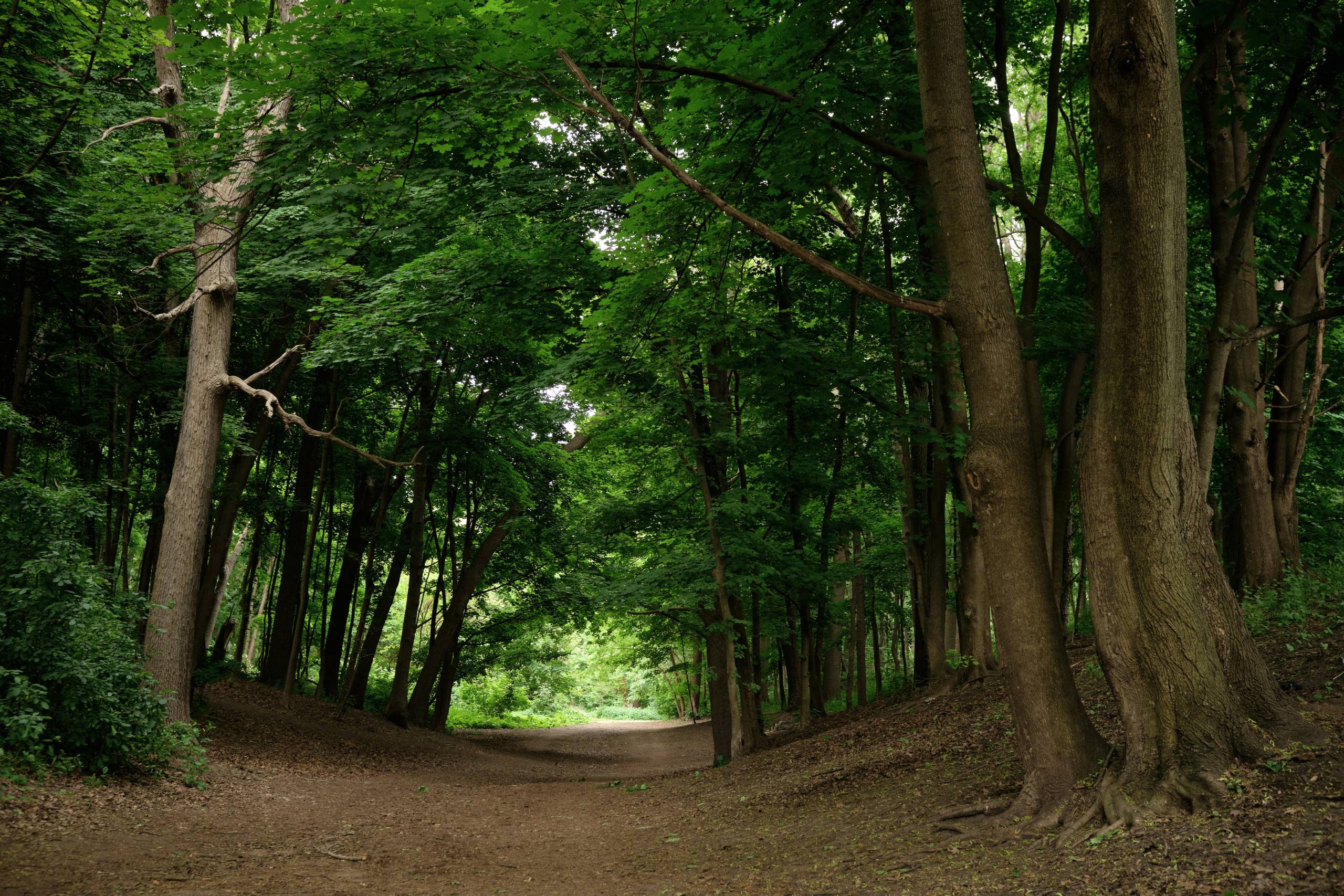This article is included in these additional categories:
In anticipation of World Nature Conservation Day on July 28th, environmental non-profit Canopy has launched a compelling video campaign to highlight the devastating impact of paper packaging on the world’s most critical forests. This initiative comes at a crucial time, as global demand for paper packaging continues to rise, putting unprecedented pressure on our planet’s vital ecosystems.
The Stark Reality of Packaging’s Environmental Toll
Canopy’s video reveals a startling statistic: 3.1 billion trees are lost annually to paper packaging production. This equates to the destruction of two soccer fields of forest every second, often in biodiverse and irreplaceable ecosystems. The campaign, featuring striking animation set in London’s streets, serves as a wake-up call to both businesses and consumers about the urgent need for change in packaging practices.
Nicole Rycroft, Founder and Executive Director of Canopy:
Next Generation Solutions: A Path Forward
The campaign showcases transformative alternatives to conventional paper packaging, known as Next Gen materials. These innovative solutions utilize agricultural residues and non-edible food waste, offering a low-impact, low-carbon alternative to traditional forest-derived packaging.
Canopy’s Pack4Good initiative, which currently supports 449 brands, aims to revolutionize paper packaging supply chains. The program promotes the integration of recycled fibers and Next Generation Solutions, moving away from high-carbon forest-derived materials. This approach not only preserves forests but also meets growing consumer demand for environmentally responsible products.
The Pack4Good initiative focuses on several key strategies:
- Promoting recycled pulp and paper use
- Encouraging Next Generation Solutions from alternative fibers
- Advocating for FSC certification when forest fiber is necessary
- Supporting innovative design to minimize packaging needs
As World Nature Conservation Day approaches, Canopy’s campaign serves as a timely reminder of the critical role businesses play in environmental stewardship. By rethinking packaging strategies and embracing sustainable alternatives, companies can contribute significantly to forest conservation and climate stability.
